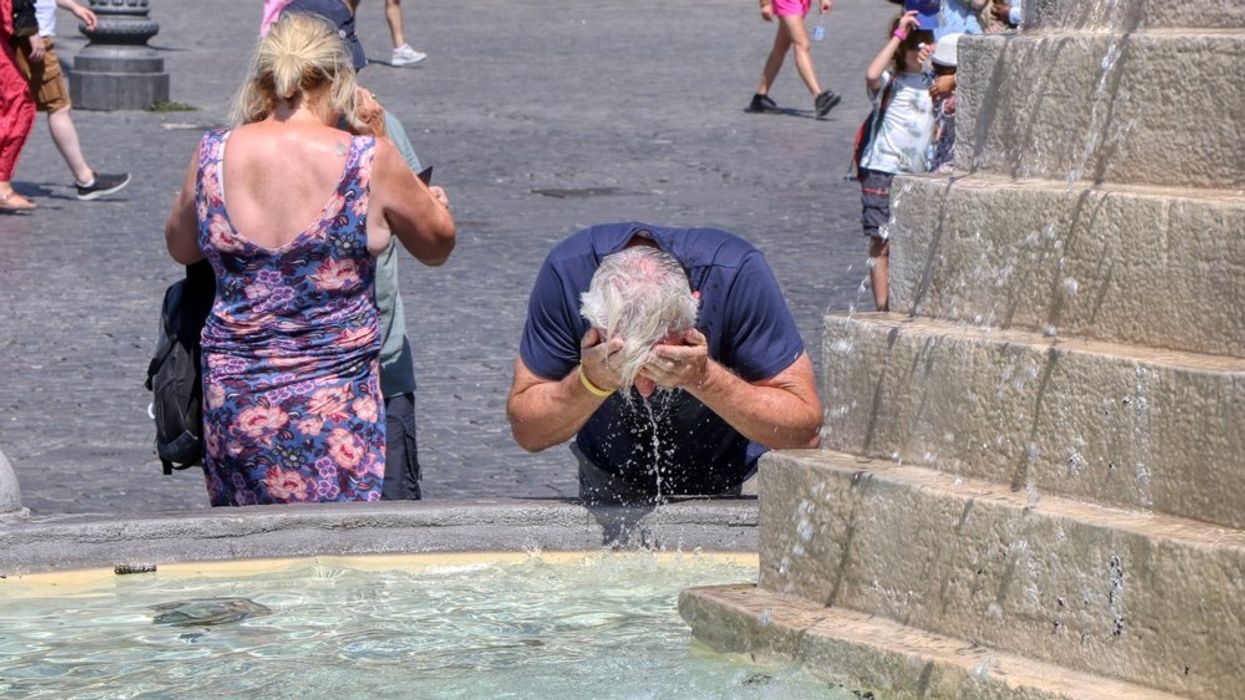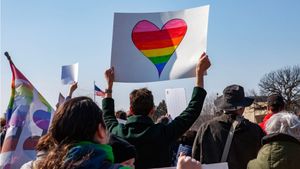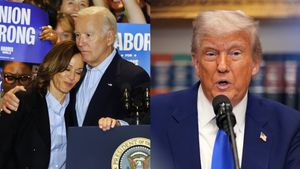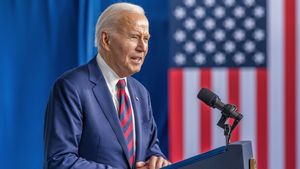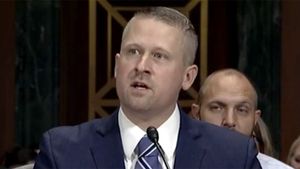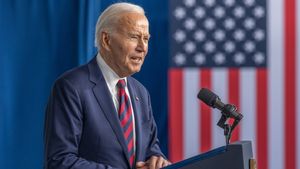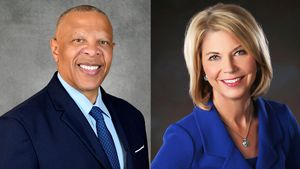The heat waves sweeping the United States, Mexico, and Europe would have been “virtually impossible" without climate change, a new report confirms.
The report from the World Weather Attribution initiative found that the regions would have been “significantly cooler” without climate change. In one example, the heat impacting China would have been “about a 1 in 250 year event.”
Extreme Heat and The Cost of Health Care
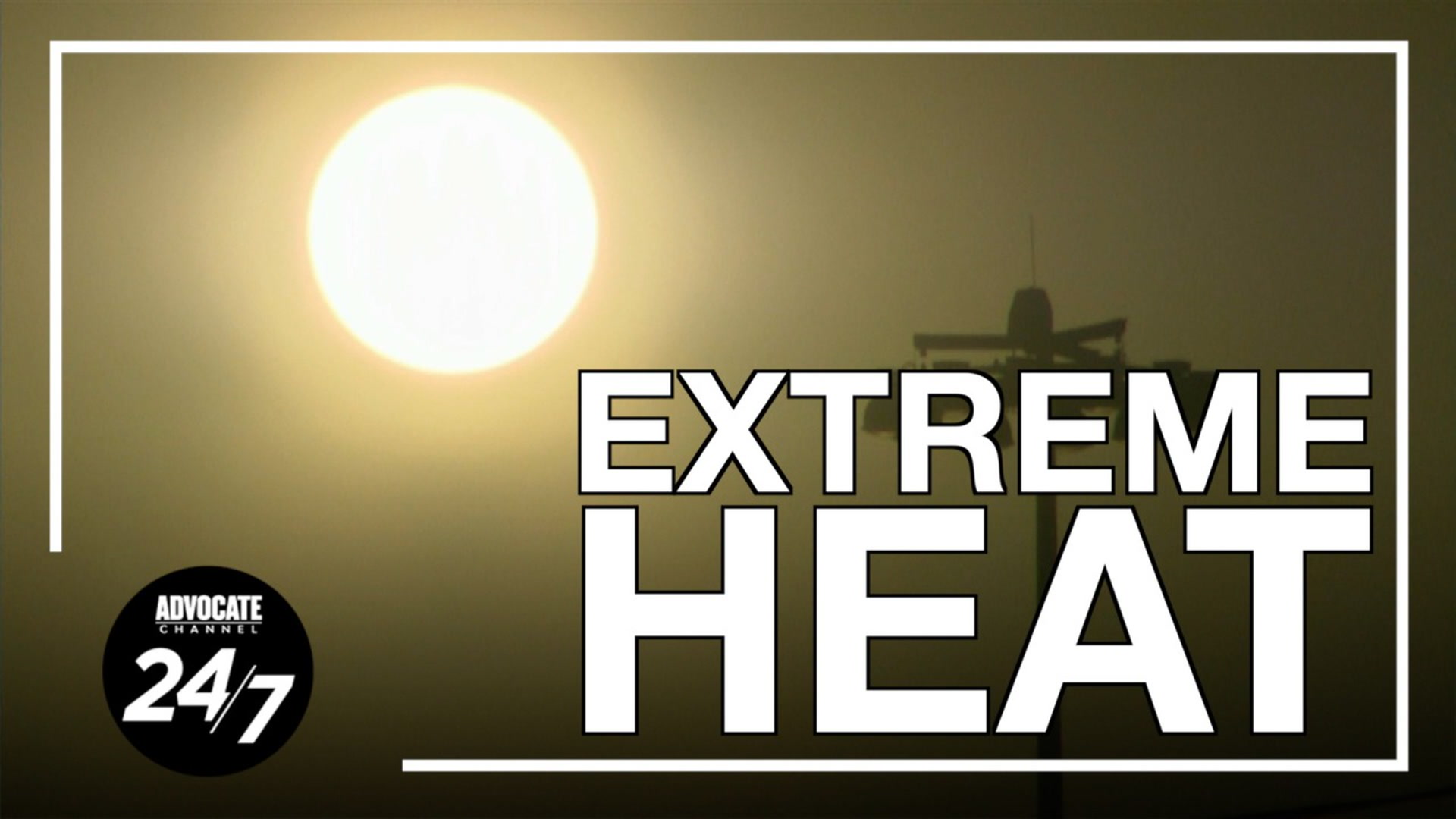
While the Chinese heat wave was made about 50 times more by climate change, the study found that the North American and European heat waves were at least 1,000 times more likely.
Heat waves like those at the beginning of the month now have a 1-in-15 chance of happening any given year in North America. In Europe, they have approximately a 10 percent chance of happening in any given year, and in China they have a 20 percent chance of happening any given year.
Greenhouse gas emissions also made the heat waves hotter than they would have been: approximately 2.5 Celsius (4.5 Fahrenheit) in Europe, 2 Celsius (3.6 Fahrenheit) in North America, and 1 Celsius (1.8 Fahrenheit) in China. The report found that “unless the world rapidly stops burning fossil fuels,” heat waves will become even more frequent, as well as longer.
“A heatwave like the recent ones would occur every 2-5 years in a world that is 2°C warmer than the pre industrial climate,” it stated.
Friederike Otto, co-leader of the World Weather Attribution initiative, said that the heat waves do not represent a "new normal," as "we don’t know what the new normal is until we stop burning fossil fuels."
"We are not in a stable climate," he told The Washington Post. "This is not what extremes in the future will look like. This could be even a cold year in the summers to come. This is not what we need to get used to. We need to get used to this, and worse.”
